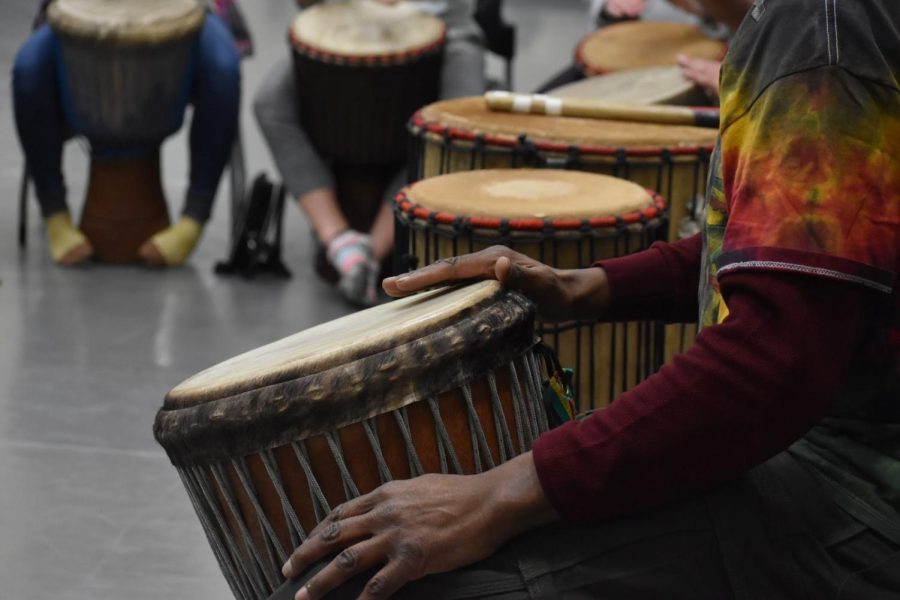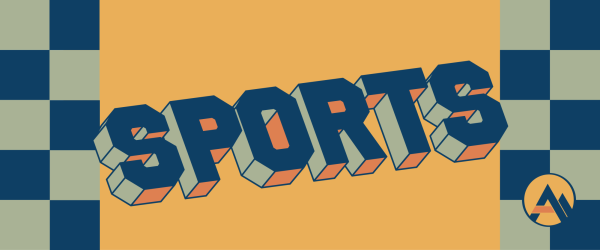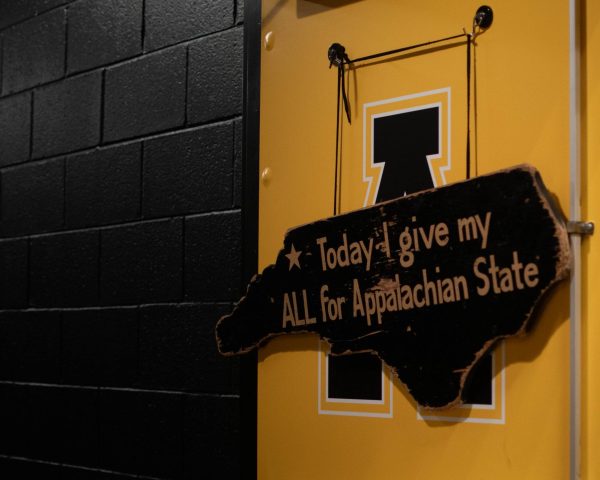Dance ensemble brings African traditions to Boone
February 28, 2020
Created not only for App State students, but the entire Boone community, the Diyé African Dance and Drum Ensemble aims to bring people together through the arts.
“I believe in music and dance, in African culture and dance. It’s a functional marriage,” said Baba Khalid Saleem, internationally renowned African music specialist.
According to the African Union, the definition of African diaspora is “people of African origin living outside of the continent, irrespective of their citizenship and nationality, and who are willing to contribute to the development of the continent and the building of the African Union.”
“There’s African dance companies all over the world. It’s amazing how many colleges have included this in their curriculum,” said Sherone Price, associate professor of dance studies.
With hundreds of African languages, Saleem said he starts by giving beginners a sentence such as “pay attention, we’ll start right away” and then adds in a rhythm, and he has found it helps students remember the music.
Saleem said a lot of African drum and dance comes from ancient rituals and traditions passed on from generation to generation.
Price said sometimes African dance comes with a stigma that if someone isn’t born into the culture, they’re not allowed to participate.
“What is that about? Just because we believe in something, or like something, why can’t we do it, too, if we find ourselves being dedicated to it or respectful of it?” Price said.
Price and Saleem said the ensemble is an opportunity for anyone to come out regardless of their background, and for students to interact with those surrounding the university.
“As an App State professor, I think sometimes we disregard the community,” Price said.
Price and Kaleem said they want to make sure that people understand that even though “we’re a part of the university, we’re also a part of a larger group of people.”
“It’s not about the issue of take, take, take, but also give, give, give,” Price said
Price said when working for the Fall or Spring Appalachian Dance Ensemble, he always includes a piece that’s related to African diaspora dance, or contemporary African work because he feels it’s important to showcase, and that’s what he hopes to do with Diyé.
“Sharing is something about African dancing culture,” Price said.













